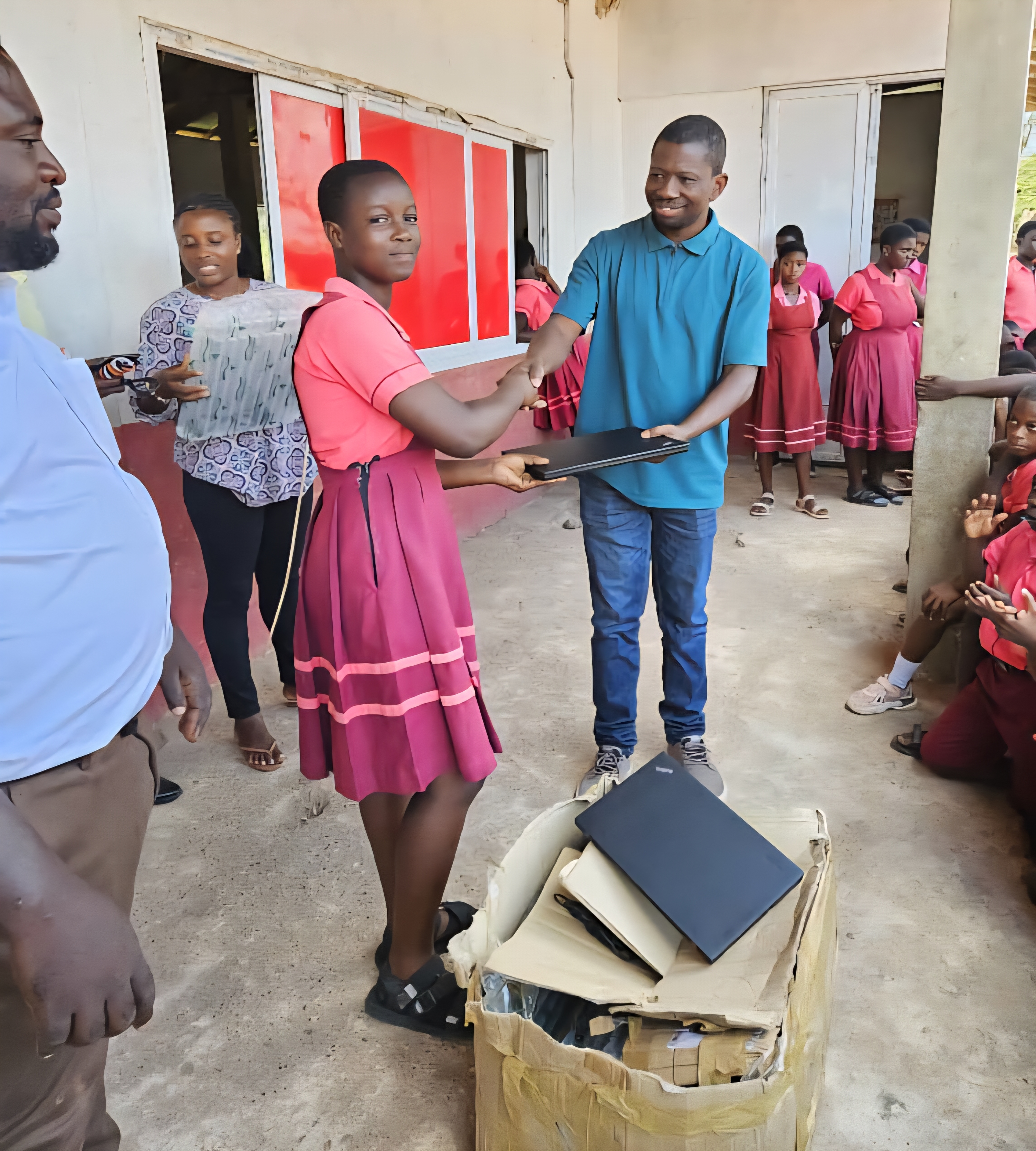Asankrangwa, a municipal capital of the Amenfi West Municipality in the Western Region of Ghana is currently facing a severe sanitation crisis that is significantly impacting the daily lives and businesses of its vendors. Market women, the backbone of the market’s economic activity, have voiced their strong discontent over the deplorable conditions, particularly concerning drainage and toilet facilities.
In an interview with PAZION MEDIA/TV on Saturday, February 15th, 2025, several market women detailed the extent of their challenges. A recurring complaint centered on the inadequate drainage system, which exacerbates problems during the rainy season. The poor drainage leads to flooding and unsanitary conditions, directly disrupting their ability to conduct business. Stagnant water creates breeding grounds for mosquitoes and other disease vectors, raising serious health concerns for both vendors and customers.
The situation is further aggravated by the substandard and unreliable toilet facility available to the market community. Ante Ayisiwaa, a fish vendor, highlighted the erratic nature of the toilet’s accessibility, stating that the owner is frequently absent, leaving vendors without a place to relieve themselves. This poses a significant hardship, particularly for those who spend long hours at the market.
Adding insult to injury, vendors are forced to pay GH¢3 (Ghana Cedis) per use of this inadequate facility. This fee, while seemingly small, represents a significant burden for these predominantly low-income vendors. It essentially forces them to pay for a service that is both essential and substandard, highlighting a potential exploitative dynamic within the market’s infrastructure.
The market women have collectively issued a plea to the government and relevant stakeholders, urging them to intervene and address these pressing issues. They are calling for improvements to the drainage system to mitigate flooding during the rainy season and, most urgently, for the provision of a clean, reliable, and affordable toilet facility for the benefit of all who rely on the Asankrangwa market. Their appeal emphasizes the critical need for improved sanitation to safeguard public health, support economic activity, and create a more dignified working environment for the market’s vendors. The story paints a picture of a community struggling with basic necessities, calling for urgent action from authorities to address these fundamental needs.
 Pazionmedia.com Pazion Media l Latest News l Politics l Sports l Entertainment
Pazionmedia.com Pazion Media l Latest News l Politics l Sports l Entertainment



